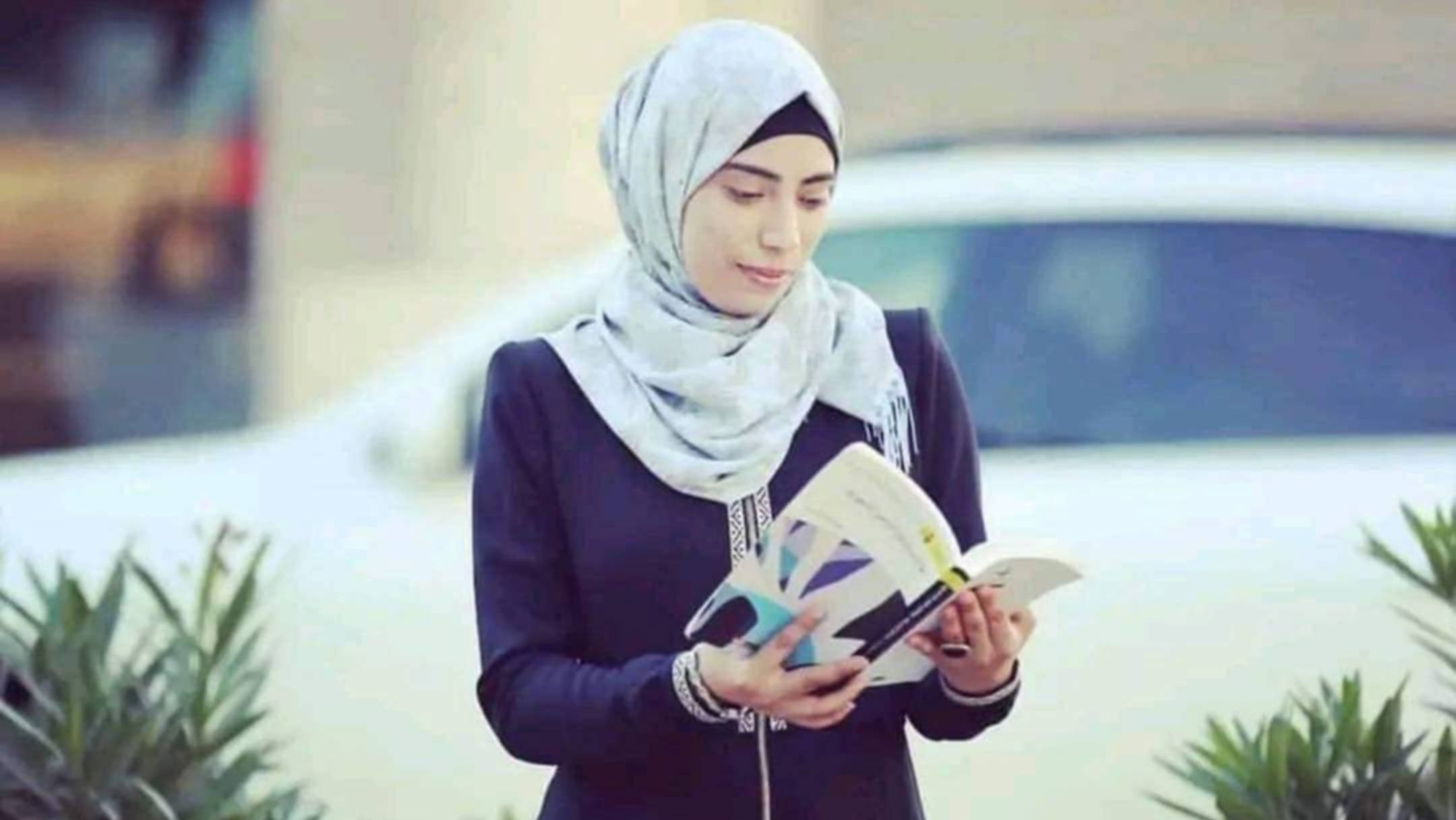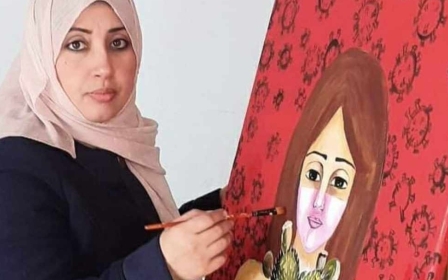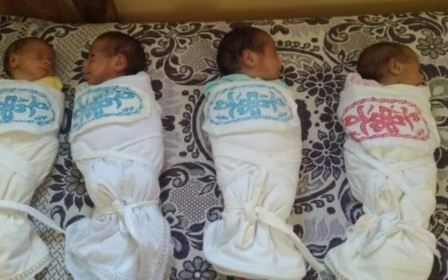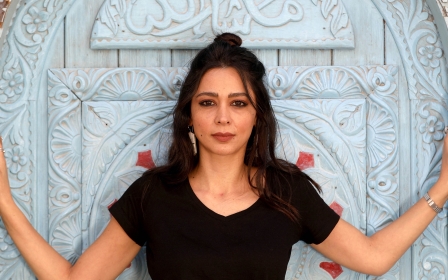Israel-Palestine war: The beloved Gaza novelist killed after fleeing south

A week after Israel launched its brutal bombing campaign on the Gaza Strip, the Israeli military warned more than one million Palestinians in the enclave's north to leave their homes and head south "for their own safety".
Hundreds of thousands of people did, and among them was Palestinian novelist and poet Heba Abu Nada, who had sought refuge at the house of her relatives in Khan Yunis.
But Gaza's south was no safer than its north, and a week later, the 32-year-old poet was killed in an Israeli strike.
"To God, we in Gaza are either martyrs or witnesses to liberation, and we all wait to see where we will be. We are all awaiting, oh God, your true promise," Abu Nada wrote on 20 October, the day she was killed.
Abu Nada co-authored three poetry collections, and in 2017 she won second place in the Sharjah Award for Creativity in the novel category for her debut Oxygen isn't for the dead.
New MEE newsletter: Jerusalem Dispatch
Sign up to get the latest insights and analysis on Israel-Palestine, alongside Turkey Unpacked and other MEE newsletters
She had also won first place in the short stories category in a competition named after Palestinian author Nahid al-Rayyes.
In addition to her literary journey, Abu Nada had a background in biochemistry and education, and was working on her master's thesis in clinical nutrition.
Abu Nada was the leader of the Science Club at the Rasel Centre for Gifted Children, and often posted about her work with the children, their skills and her special relationship with them.
Many people wrote fond tributes to her on social media, with some calling her "Gaza's daughter", "warrior of hope" and "a special writer".
Yasser Shahin, one of her professors, mourned the loss of a "great student" and a writer with whom he had been collaborating with on a new film called Ayla.
Follow Middle East Eye's live coverage for the latest on the Israel-Palestine war
One of her friends, Aya, shared a screenshot of a conversation they had had in the past. In her messages, Abu Nada had expressed her happiness that her friend was getting married and leaving Gaza, saying: "I wish I can travel and get out of this prison soon."
A day before she was killed, Abu Nada mourned her own friends who had been killed one after the other in Israeli strikes.
"My list of friends is shrinking, and transforming into small coffins, scattered here and there. I can't catch my friends as they fly after the missiles… These are not just names, these are us, with different faces and names," she wrote.
This article is available in French on Middle East Eye French edition.
Middle East Eye delivers independent and unrivalled coverage and analysis of the Middle East, North Africa and beyond. To learn more about republishing this content and the associated fees, please fill out this form. More about MEE can be found here.




